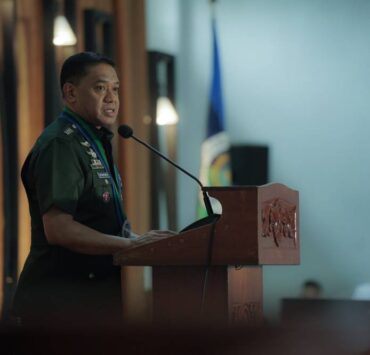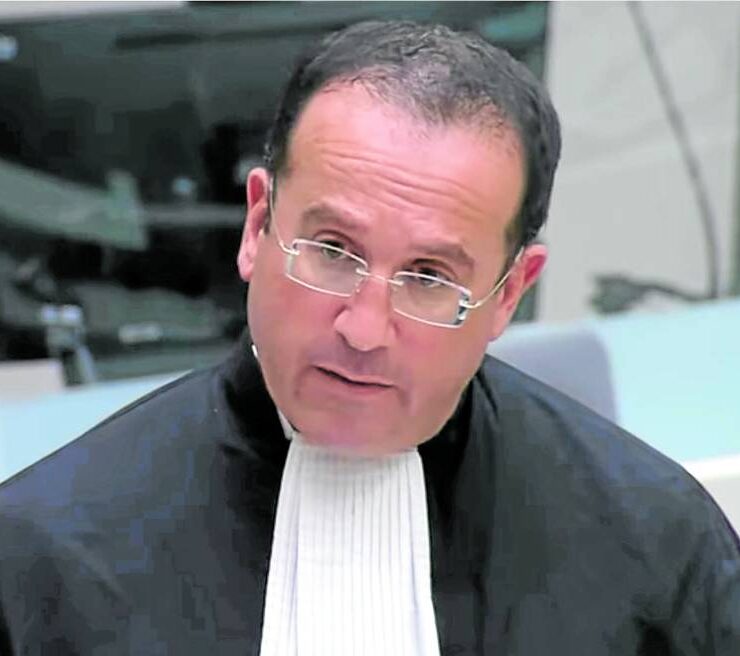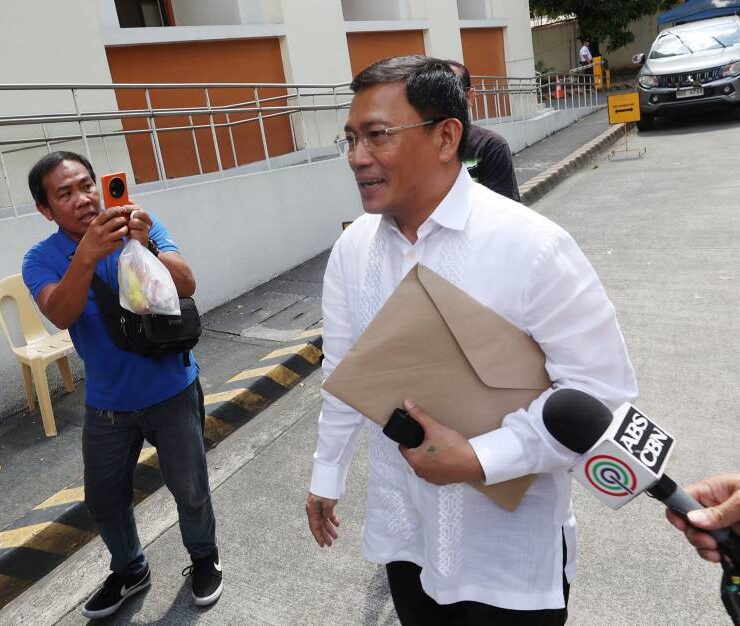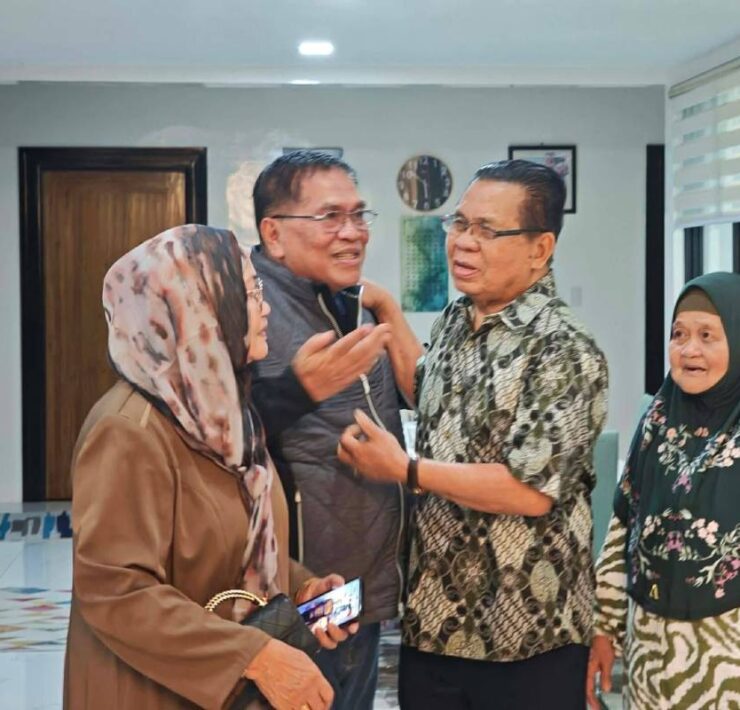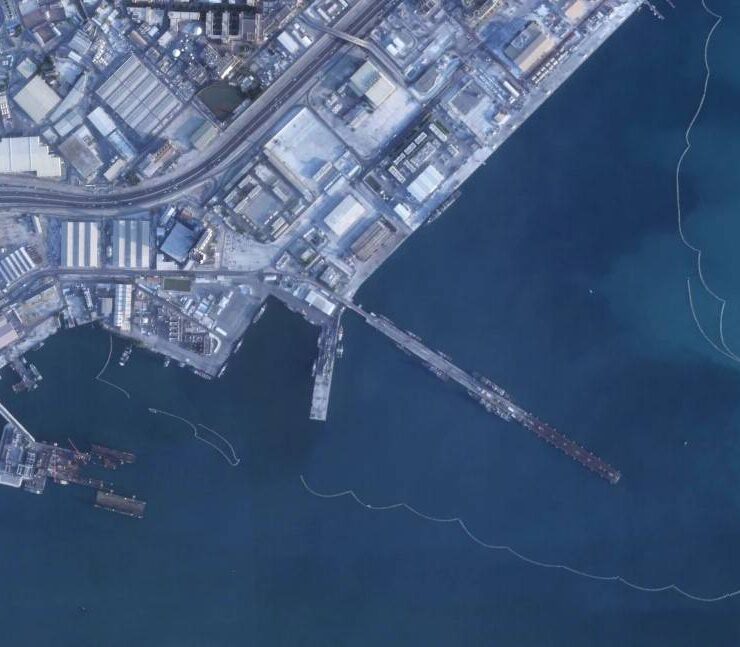Cabinet done with Imee’s probe of Du30 arrest
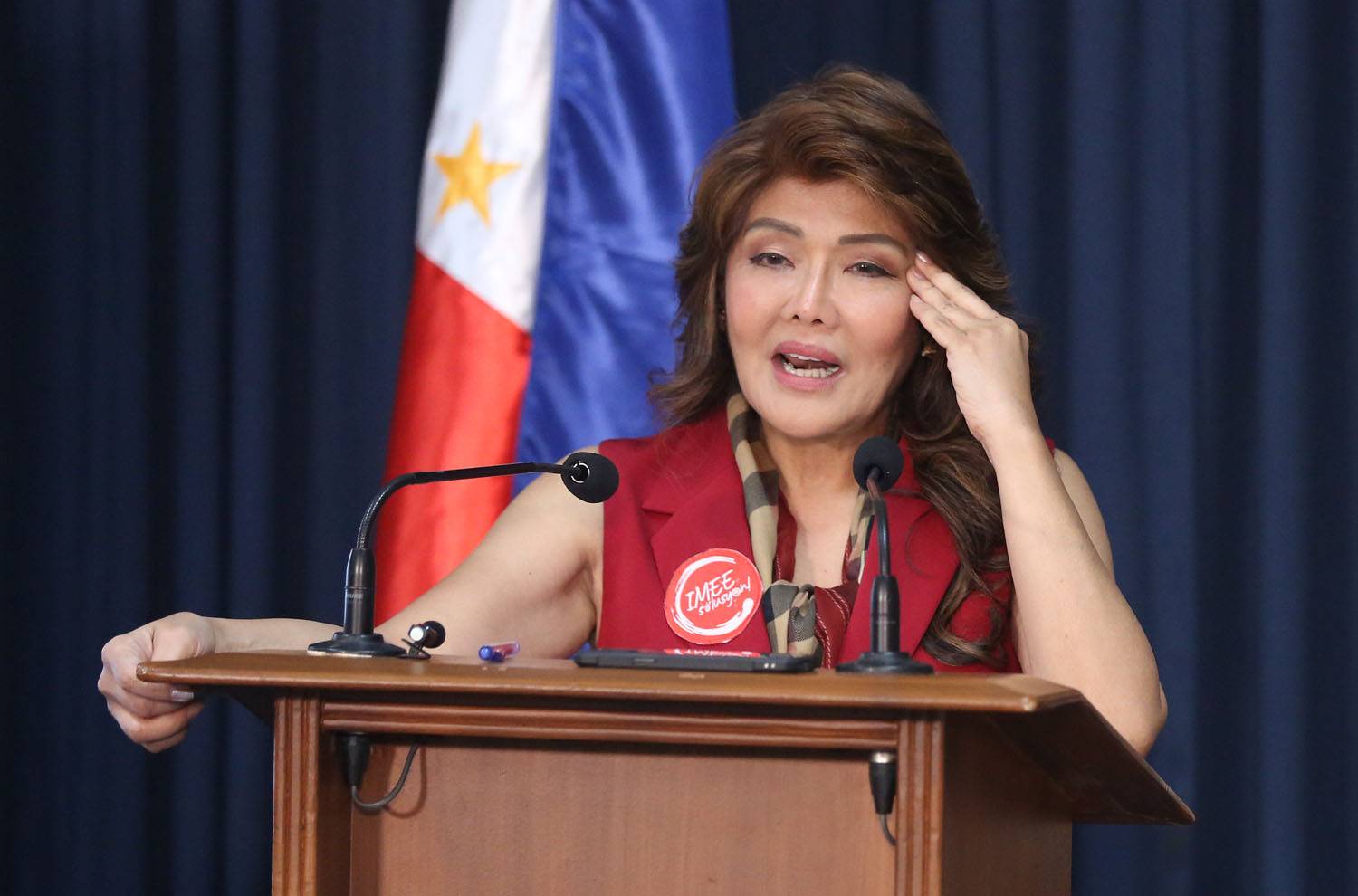
- Sen. Imee Marcos insists there are many more unanswered questions about Duterte’s arrest. But officials of her brother, President Marcos, will not show up, citing executive privilege and the sub judice rule.
- Speaking with reporters after attending an event in Pasay City, Senator Marcos said she was both saddened and surprised by her brother’s decision, noting that the President had previously said that he would not prohibit his Cabinet officials from participating.
- He also noted that Senator Marcos had already publicly disclosed her “comprehensive findings” in a March 27 press briefing, where she said there were “glaring violations” of Duterte’s rights and that the Philippines had no legal obligation to arrest the former president.
Citing executive privilege and the sub judice rule, Malacañang has disallowed members of the Cabinet and other officials from attending future hearings of the Senate foreign relations committee that is investigating the arrest of ex-President Rodrigo Duterte and his handover to the International Criminal Court (ICC) in The Hague, the Netherlands, on March 11.
Executive Secretary Lucas Bersamin said the officials who appeared in the first hearing on March 20 already made ‘’extensive disclosures’’ on the matter.
In a letter dated March 31, Bersamin said the Palace decided to “respectfully decline” the invitation to attend the April 3 hearing of the Senate panel led by President Marcos’ sister, Sen. Imee Marcos.
“Nevertheless, we remain available to extend our full cooperation through other appropriate channels, should there be any further clarifications required within the bounds of the law,” Bersamin said.
The letter was addressed to Senator Marcos and Senate President Francis Escudero and was sent on the same day that Presidential Communications Office Undersecretary and Palace press officer Claire Castro reassured that Mr. Marcos won’t block government officials from taking part in the Senate investigation.
In a press briefing on Monday, Castro maintained that the President would not stop Cabinet secretaries from attending the Senate panel’s hearings and that the executive branch would try to answer all questions as long as these do not violate executive privilege.
There was no immediate explanation from Malacañang why Bersamin’s letter departed from Castro’s statements on the Senate investigation.
‘Saddening’
Speaking with reporters after attending an event in Pasay City, Senator Marcos said she was both saddened and surprised by her brother’s decision, noting that the President had previously said that he would not prohibit his Cabinet officials from participating.
“It’s saddening because there are still many questions [that need to be answered]. I was just able to finish the preliminary report [of the first hearing],” she said in an ambush interview.
She also pointed out that Bersamin’s letter contradicted the remarks that Castro made during a press briefing on the same day.
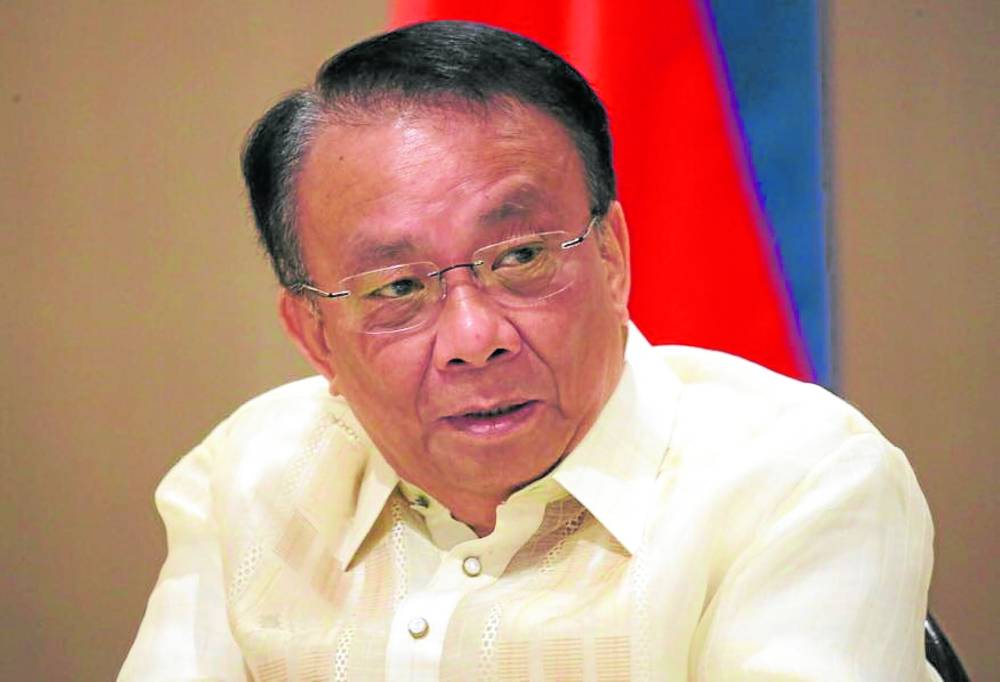
“Is this an April Fool’s (joke)?” Senator Marcos posted on her Facebook page.
According to the senator, the government should make use of the Senate proceedings to explain the circumstances surrounding Duterte’s arrest and turnover to the ICC.
Duterte, who had repeatedly dared human rights advocates to sue him for his ruthless war on drugs, was arrested on March 11 by the Philippine National Police through an ICC warrant coursed through the International Criminal Police Organization (Interpol).
“They will just waste their chance for the people to hear what really happened… If they don’t appear [at the hearing], the people will only become suspicious that they are trying to hide something,” Senator Marcos said.
“I will also send them a letter. I hope they reconsider,” she added.
No blanket excuse
Senator Marcos insisted that it was important for the administration to come clean on the issue since there were reports that the ICC would also order the arrest of other officials who had a role in Duterte’s drug war, among them fellow reelectionist, Sen. Ronald dela Rosa.
As Duterte’s first national police chief in 2016, Dela Rosa oversaw the nationwide implementation of Oplan “Tokhang,” the take-no-prisoners antinarcotics strategy that the former president had enforced when he was mayor of Davao City.
Senator Marcos said it was unfortunate that Bersamin raised the principle of executive privilege in justifying Malacañang’s decision.
She said Bersamin, as a retired chief justice, was well aware that the Supreme Court had previously ruled that executive privilege should not be used to snub legislative inquiries.
“Executive privilege may only be invoked for a specific question being asked. It cannot be used as a blanket [excuse],” she said.
Executive privilege is defined in jurisprudence as the power of the President and high-level government officials from the executive branch to withhold information from Congress, the courts and the public.
‘Extensive disclosures’
In his letter to the Senate, however, Bersamin pointed out that “all matters not covered by executive privilege had already been extensively discussed.”
He also reiterated the Palace’s position on the extent of executive privilege in the Senate’s investigation.
Bersamin said government officials who attended the Senate panel’s first hearing on March 20 “sincerely answered all the questions to the best or their knowledge and candidly provided all information” on Duterte’s arrest and subsequent turnover to Interpol and ICC.
“Given the extensive disclosures made, we believe that further participation may no longer be necessary at this time,” Bersamin said.
He also noted that Senator Marcos had already publicly disclosed her “comprehensive findings” in a March 27 press briefing, where she said there were “glaring violations” of Duterte’s rights and that the Philippines had no legal obligation to arrest the former president.
Pending SC petitions
Bersamin also cited the four petitions pending before the Supreme Court challenging the legality of Duterte’s arrest, saying they were “closely intertwined” with the issues being tackled in the Senate inquiry.
“Accordingly, further discussions on the matters in the agenda of the hearing may constitute violation of the sub judice rule, which could unduly influence the ongoing proceedings,” Bersamin said, referring to the restrictions on comments and disclosures pertaining to ongoing judicial proceedings to avoid prejudging the issue, influencing the court, or obstructing the administration of justice.














